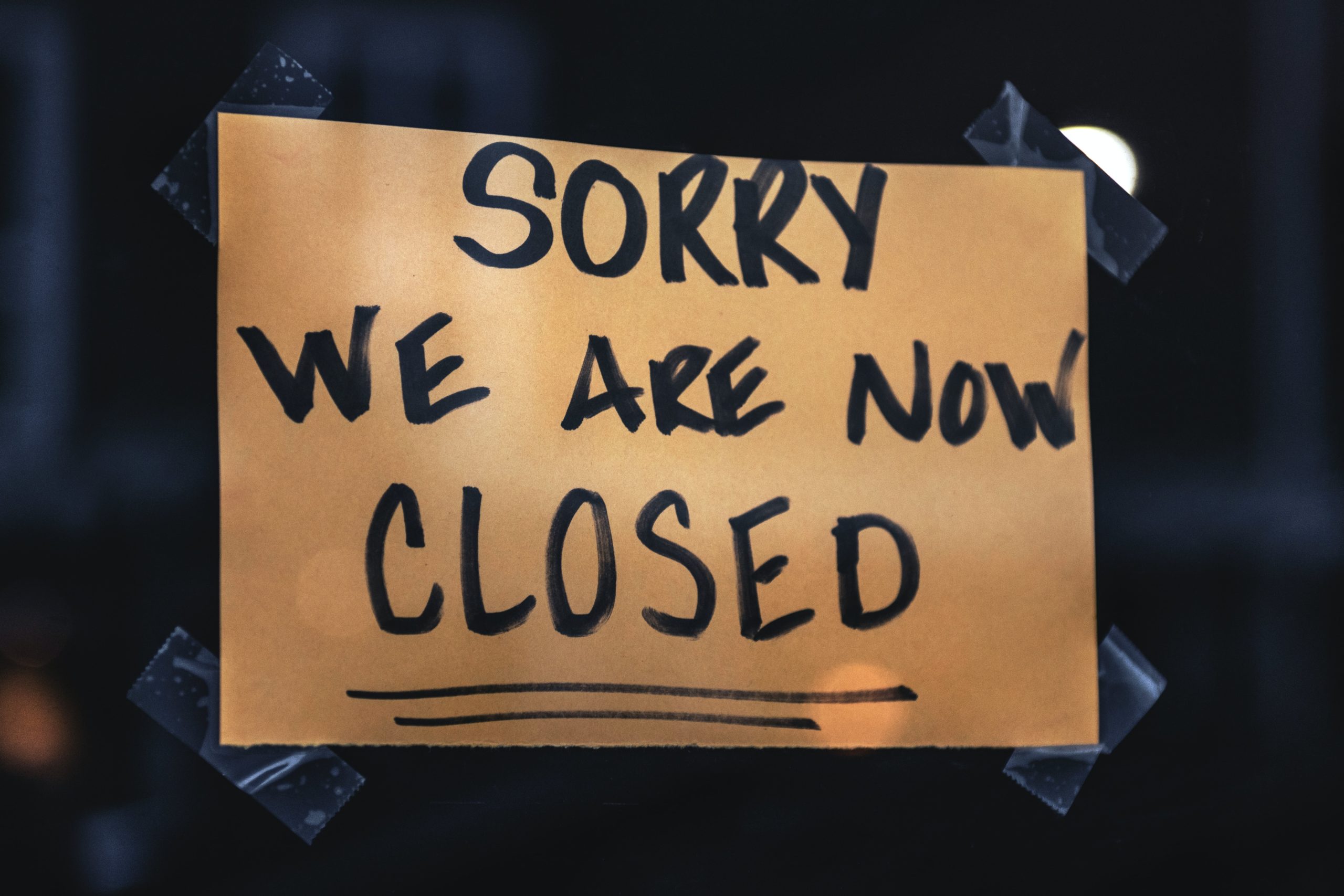At a Guaranty Trust Bank branch in Gbagada, Lagos, a woman selling drinks has set up a makeshift shop, selling soft drinks to hundreds of people queueing up, hoping to get into the bank to withdraw cash. While Nigeria’s cash crisis has lasted three weeks following a botched currency redesign, the situation is worsening this week. On Saturday, a Presidential election in Nigeria will mean a restriction of movement throughout the day. All banks will also shut their doors to customers at 1 p.m. on Friday instead of 4 p.m. It’s making cash more important in a country where it is already the most popular means of payment.
Another reason for the increased demand for cash is a rumor that’s making the rounds on Whatsapp that the CBN will “shut down” financial transactions from Thursday, February 28. The CBN has since debunked those claims.
Yet, the rumor of a transaction shutdown was easy to believe because financial services have been spotty all week. Instant transfers take minutes to days, and many customers say their bank apps don’t even open. Cold hard cash doesn’t suffer any of these problems, which is why people are prepared to wait for hours to get it.
See also: As Nigeria’s big banks struggle with reliability, more customers are turning to digital alternatives
Banks are rationing their limited supply
While President Buhari asked banks to issue old N200 notes to Nigerians, the new N500 and N1000 notes, important in a country where inflation is at 21%, remain scarce. At a First Bank Branch in Gbagada, Lagos, there’s a crowd at the gate, and an understandably irritated woman is losing her patience. Like three other people who spoke to TechCabal, she’s been at this branch since 6 a.m. An expired debit card means she needs a new card and cash to tide her over the weekend.
Another man tells us he’s been here since 6 a.m. and showed us his number tag–100 on the queue. It’s a stroke of good fortune, considering the bank branch insists they will only pay cash–N10,000 each–to the first 100 people. Another woman in the queue, whose number is 177, has been here all morning and hopes that a miracle will ensure she gets cash today. There’s fighting among the crowd over claims that some people are forging numbers to get ahead of others.
The same argument is playing out at the GT bank branch, as people wait hours hoping to collect N5,000 each, up from the N3,000 the bank paid yesterday. Harrison, who’s been in the queue for an hour, tells TechCabal that he was also here yesterday but that the bank stopped paying at 1 p.m. after crowd control became difficult. All the sources who spoke to TechCabal say they’re willing to wait for hours in the queue because cash is essential to their survival. Some said they’re traders and that trying to pay their distributors with transfers has been difficult, with transactions failing or hanging. At big retail stores, the story of failed payments is the same.
Last-minute rush at retail stores as payments remain a challenge
Two shoppers at D’Prince retail store in Gbagada told me they had heard the rumour of transaction shutdown. While the store was not crowded when I visited, a cashier at the till told me the shopping rush this week has been overwhelming. The biggest problem has been handling payments. At the store, several cashiers share a point of sales machine, and a manager tells me that the POS terminals of the traditional banks have been unreliable all week.
Instead, MoniePoint and OPay are the POS terminals of choice as they prepare for another mad rush on Friday. While the banks will close their doors at 1 p.m., many retail stores will stay open longer, hoping to cash in on this bizarre situation Nigerian officials have created.





















